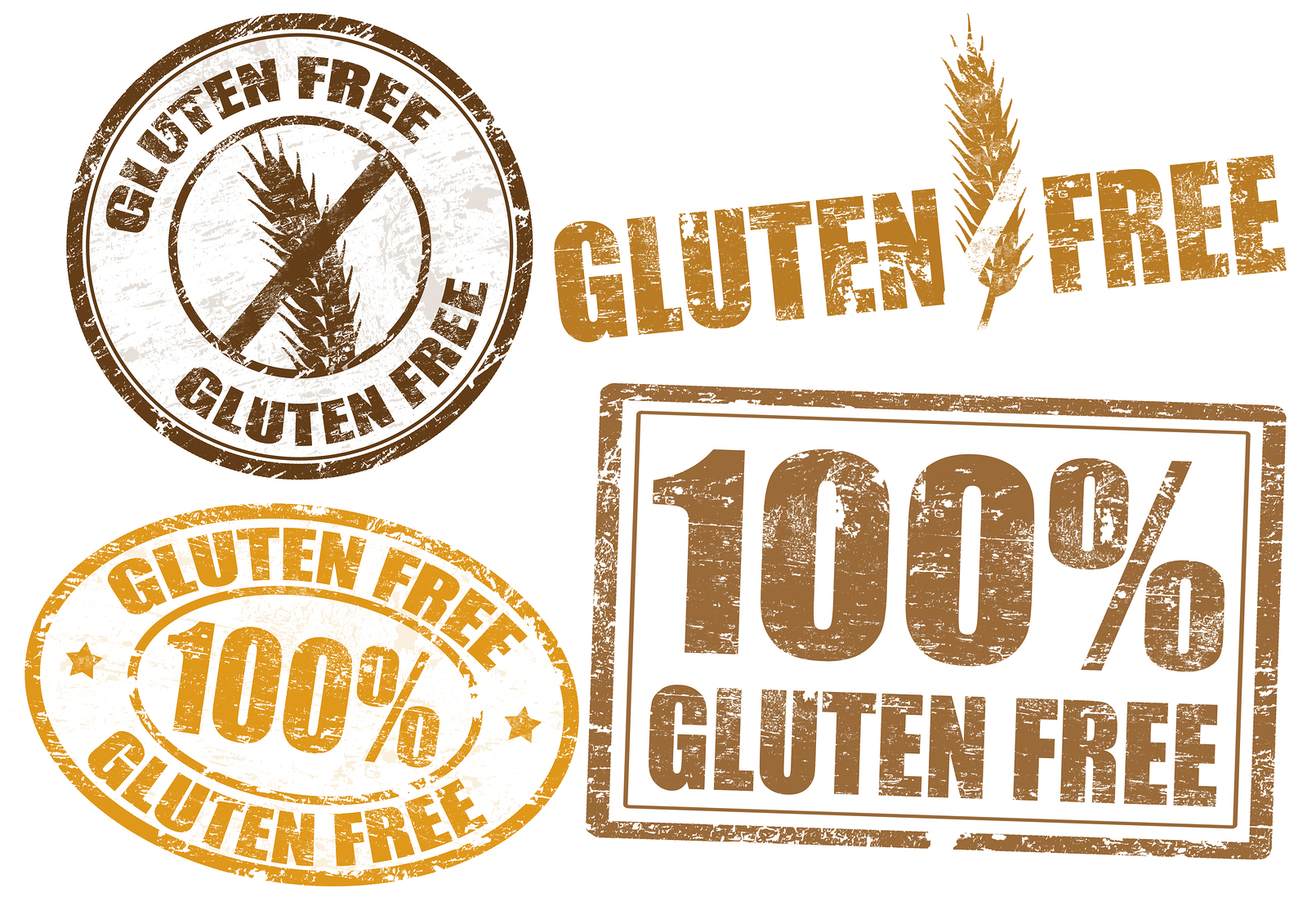Gluten is a protein found in wheat, barley and rye that can cause mild to severe stomach distress and autoimmune disorders in people unable to process it properly such as people with Celiac disease.
Gluten intolerance/sensitivity (i.e. Celiac Disease sufferers) must eat gluten-free, but keep in mind only 1% of US population is truly gluten intolerant/sensitive (GS) (up to 6% may be gluten-sensitive). Therefore others who claim it either think they are based on spending too much time on the internet 🙂
Some health professionals have jumped on the Gluten-Free (GF) bandwagon. GS is quickly becoming that catchall diagnosis health professionals may use when they aren’t quite sure what’s wrong with you – like hypoglycemia and chronic fatigue syndrome used to be. To be fair, all of these problems exist but in a VERY small percentage of the population. Sadly enough, you may feel better when removing gluten from your diet but its only because you changed or removed something else at the same time.
You can’t remove gluten by itself. You end up removing the entire food that contains gluten and it may have been a high-sugar, bleached, starched or fatty food that you should not have been regularly eating in the first place.
In other words, foods don’t just contain gluten; they contain lots of things that might have made you previously uncomfortable. In the same vein, simple changes in lifestyle at the same time you went gluten-free may be what makes you feel better – not the removal of gluten. At least not for the majority of the 94% the population that is NOT GS.
Some quick facts on gluten:
- Gluten is a protein found in wheat, barley and rye that can cause mild to severe stomach distress and autoimmune disorders in people unable to process it properly such as people with Celiac disease.
- GS only affects ~6% of the population and requires a true gluten challenge to the patient’s digestive system, delivered by a qualified physician to properly diagnose, so these people do know who they are
- Most gluten-free foods contain fewer vitamins and less fiber than gluten-containing counter parts; both are important to long-term health and weight control
- Many gluten-free products have added fat, sugar and salt to help replace lost taste and texture normally supplied by gluten
- Because of reformulation expenses, gluten-free products average costs are 2-3 times higher than their naturally gluten-containing counterparts
- Many products that are naturally gluten-free (in other words they never contained gluten) now put a “gluten-free” claim on the label, adding to the fad’s confusion
Anyway the point is DON’T buy into the fad because it will NOT make you healthier by itself.
So, unless you’ve been properly tested and a gluten-free diet has been prescribed there is no need.

